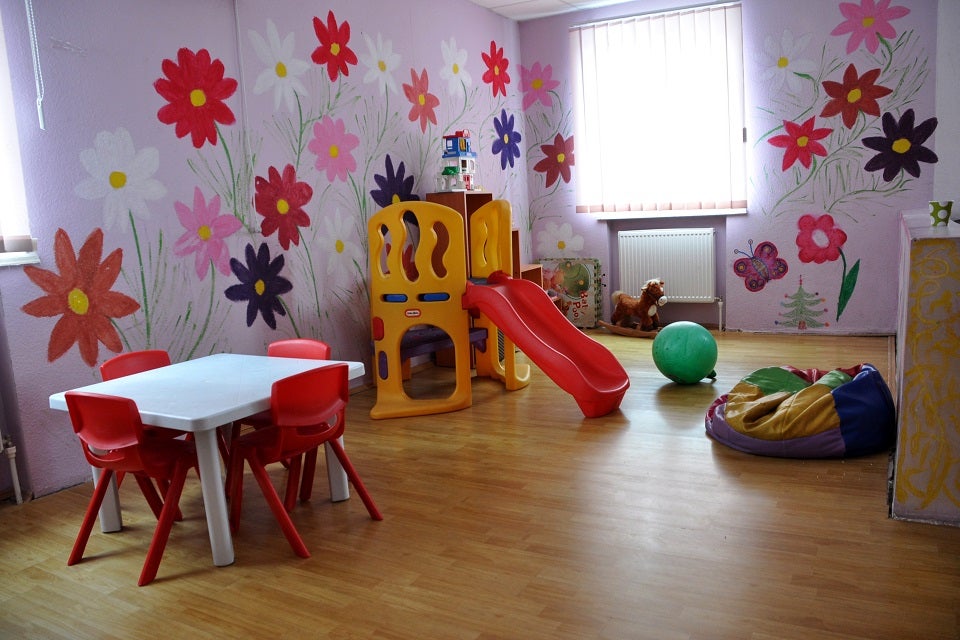Increased access to services for survivors of violence
Date:

The Parliament of Georgia has approved legislative amendments that enhance access to state services for the survivors of violence against women and domestic violence, as well as strengthen their support. It should be noted that the respective amendments were being drafted with the active involvement of UN Women.
One of the most important pieces of news is related to victims’ status: from now on the victims or survivors of violence against women and domestic violence will be able to access state shelters, as well as enjoy the legal, psychological and other services provided by crisis centres, without having the status of ‘victim’. Until now, it was necessary to have victim status in order to obtain these services. This meant that a person would first have to overcome certain bureaucratic barriers or go through some statutory procedures, which hindered women’s access to state services—among them, preventative or protection and assistance services—in an effective and timely manner. The amendments resulted in the removal of all of the formal procedures that used to be in place.
“I hope that with these legislative amendments, and by enabling the survivors to get services without the necessity of having victim status, we will get closer to the European standards, and it will become easier for the survivors to get services,” says Meri Maglaperidze, director of the State Fund for Protection and Assistance of (Statutory) Victims of Human Trafficking. “As many people as possible should make the decision to leave a violent environment and to approach us for assistance.”
It is worth noting that the necessary requirement of having victim status was inconsistent with the Council of Europe Convention on preventing and combating violence against women and domestic violence (Istanbul Convention) and the main recommendation of the CEDAW Committee. The amendments will facilitate the harmonization of the national legislation with international provisions.
The work focusing on the adoption of legislative amendments began in 2019 within the framework of the UN Joint Programme for Gender Equality, with the support of Sweden. The process was carried out in close consultation with representatives of civil society and the legislative and executive authorities.